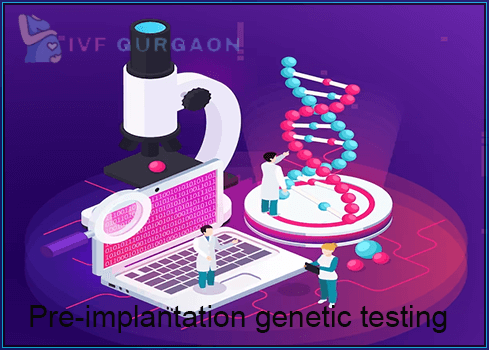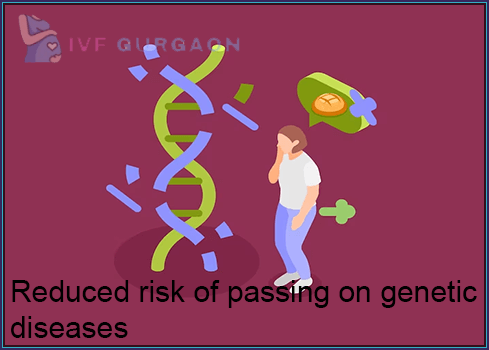

Pre-implantation genetic testing (PGT) is a technique used during in vitro fertilization (IVF) to identify genetic abnormalities in embryos before they are transferred to the woman’s uterus. In this blog, we will discuss the types of PGT and the benefits it can provide for couples undergoing IVF.
There are two types of preimplantation genetic testing:
Pre-implantation genetic screening (PGS): PGS is used to screen embryos for chromosomal abnormalities, such as Down syndrome. This type of testing is typically recommended for women who are older or who have a history of miscarriages.
Pre-implantation genetic diagnosis (PGD): PGD is used to detect specific genetic diseases, such as cystic fibrosis or sickle cell anemia. This type of testing is recommended for couples who have a family history of genetic disorders or who are carriers of genetic mutations.
PGT can provide several benefits for couples undergoing IVF, including:
Increased chances of pregnancy: By selecting embryos without chromosomal abnormalities or genetic diseases, PGT can increase the chances of a successful pregnancy.
Reduced risk of miscarriage: PGT can reduce the risk of miscarriage by identifying embryos that are more likely to develop chromosomal abnormalities.

Reduced risk of passing on genetic diseases: For couples who are carriers of genetic mutations, PGT can reduce the risk of passing on these diseases to their children.
Reduced need for multiple embryo transfers: By selecting the healthiest embryos for transfer, PGT can reduce the need for multiple embryo transfers, which can be risky for both the mother and the fetus.
Pre-implantation genetic testing (PGT) is a valuable tool for couples undergoing in vitro fertilization (IVF). PGT can provide several benefits, including increased chances of pregnancy, reduced risk of miscarriage, reduced risk of passing on genetic diseases, and reduced need for multiple embryo transfers. It is important for couples to work closely with their medical team to determine if PGT is right for them and to understand the potential risks and benefits of this technique.